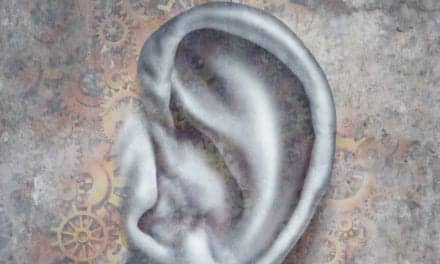The University of Miami Miller School of Medicine Department of Otolaryngology received a $3 million grant from the National Institutes of Health (NIH) to fund research related to biological treatments and clinical diagnosis of patients with hearing loss, the medical school announced on its website.
Xue Zhong Liu, MD, PhD, professor of otolaryngology, human genetics, biochemistry, and pediatrics will serve as principal investigator. The grant will allow Liu to continue his research on human hearing loss, a common sensory disorder, which affects more than 28 million Americans, according to the National Institute on Deafness and Other Communication Disorders (NIDCD).
Liu, who is the vice chair and Marian & Walter Hotchkiss Chair in Otolaryngology, is reportedly one of the top NIH-funded surgeon-scientists in the specialty. Having also received a $3 million grant to research hearing loss in 2017, Liu is reportedly now the “most successfully funded genetic hearing loss researcher in the US,” according to the announcement.
“We’re pleased that the NIH and scientific community have continued to validate the importance of the University of Miami’s Genetic Deafness Program and the research we are conducting,” said Liu.
With this new grant, Liu’s team will expand their comprehensive genomic and phenotypic deafness database for clinical care of deaf individuals; identify and characterize novel genes for hearing loss using state-of-the-art genomic tools; assess the impacts of genomic testing on patients, and conduct preclinical studies of gene- and cell-based therapy approach of CRISPR/Cas9-mediated genome editing to treat hearing loss.
Even with current therapeutic advances, such as hearing aids and cochlear implants, deafness is said to have a significant effect on the quality of the social, familial, and professional life of the deaf and hard-of-hearing. This new grant will enable scientists to translate basic research findings into clinical tools and the development of novel treatments for hereditary deafness.
“Recent breakthroughs in genetic screening, gene or cell-based therapeutics, and gene editing for the inner ear can lead to novel therapies for multiple classes of hereditary hearing loss,” said Liu.
“Together with our program for genetic hearing loss, these tools and strategies will create a clear path to clinical treatment and accelerate the advent of a new era of personalized medicine for hereditary hearing loss.”
The Genetic Hearing Loss Clinic at the University of Miami Ear Institute is a multi-disciplinary program that provides diagnostic, molecular testing, genetic counseling, and intervention options for patients, and their families, who are dealing with various types of hearing loss.
Source: The University of Miami Miller School of Medicine
Image: The University of Miami Miller School of Medicine





